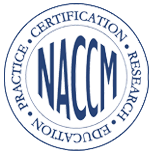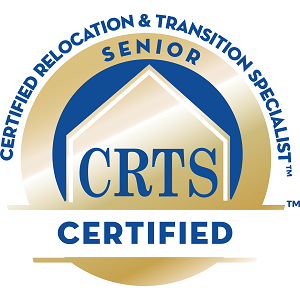Alzheimer’s Disease Self-Care: Tips for Patients and Caregivers
Navigating the challenging journey of Alzheimer’s Disease demands resilience, patience, and a great deal of support. As the disease progresses, both the individual diagnosed and their caregivers often find themselves facing increased emotional and physical strains. Self-care, in this context, is a necessity. TThis blog post explores Alzheimer’s Disease self-care, shedding light on practical strategies…
















